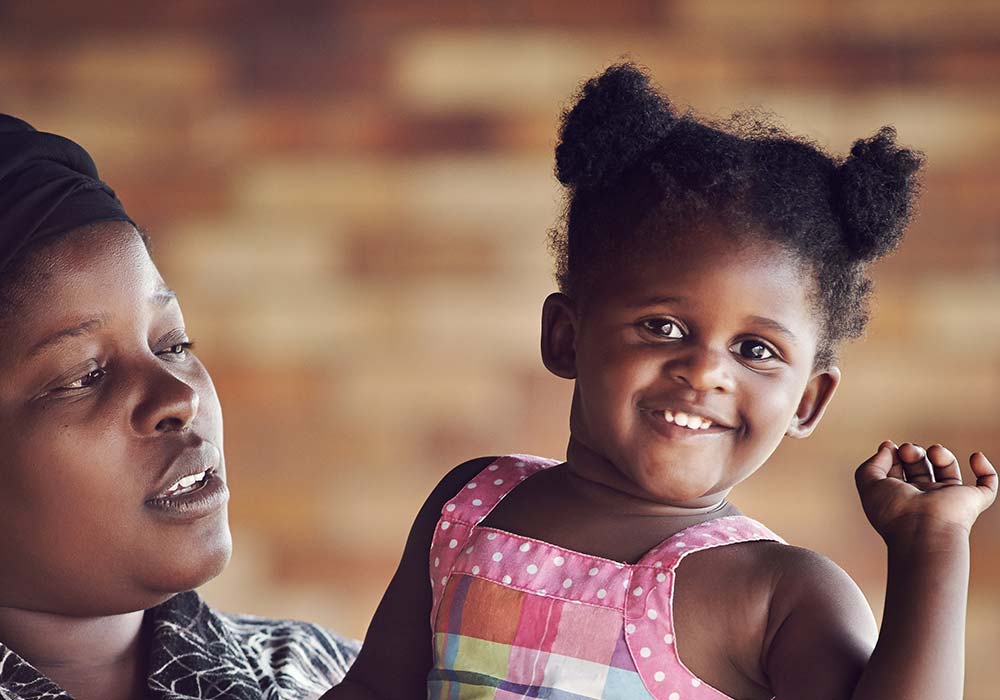If, as Nelson Mandela once said, that education is the most powerful weapon which you can use to change the world, the women of Africa are armed with little better then butter knives in a region of the world that desperately needs a social Renaissance.
More than half a school classroom in Africa are girls, yet most of them will stop going to school by the secondary school age, to be married and have children of their own — often as young as 13 years of age. The problem is these girls, having been taken out of the education system, are incapable of reading a simple sentence, let alone the ingredients on the back of a food product or the instructions of a medicine package. They do not understand that they and their children need regular immunization to prevent sickness. Africa contributes 20% of the world’s births but also 40% of maternal deaths.
Because young girls do not learn about the legal system of their home country or how to socialize, they are at risk of being drawn into the world of organized crime syndicates and drug trafficking. They may even be at risk of being victims of a crime, particularly sexually related crimes. For example, South Africa has one of the highest record of rape in the world, a country where police response is generally too slow and unreliable. In addition, a study published in the American Journal of Public Health revealed that more than 400,000 women are raped in the Democratic Republic of Congo every year.
While the above statistics are alarming, the facts about keeping African girls longer in school bring more positive outlooks that greatly benefit the society they live in. Even teaching the basics — reading, writing and arithmetic — not only improves their chances of entering the workforce, they will also earn more — up to 25% more in fact. The longer they remain in the education system, and progress to post-secondary education, the more likely their income will continue to rise.
Keeping African girls in school means they are less likely to marry and have children at such a young age. This gives them more choices from just being a mother. They become participants, even agents of change, in many aspects of society. Successful African women who are able to run their own business will become employers and creating more jobs. The revenue generated from these businesses in the form of taxes will help improve failing infrastructure systems — water, electricity, and roads — that still exist in many countries in the African continent. Some women may become more involved in governmental and judicial policies that shape the future of the country they live in, as well as the African continent as a whole.
Mothers who remain longer in the education system are able to afford food to feed their children and medicines to keep them from being sick. They are also able to read what is nutritionally important to the development of a growing developing child and properly understand the dosage of medicines required. Of particular important is the ability to understand the importance of birth control and the various options available to keep their family size manageable.
